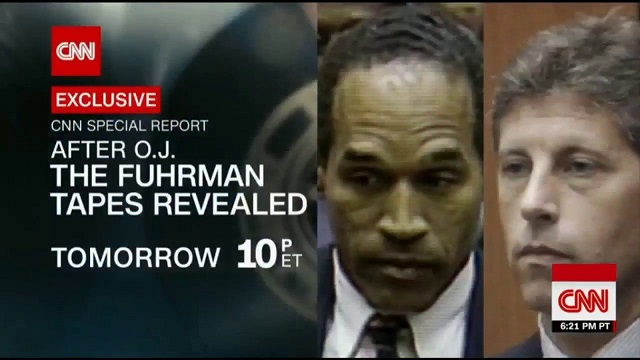Alberta
Saskatchewan landowners fight against illegal drainage washing out land, roads
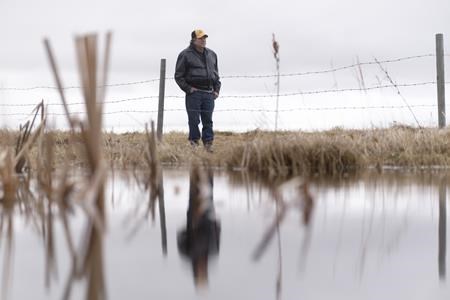
WAWOTA, Sask. — Lane Mountney spreads a map over his kitchen table at his farmhouse in southeast Saskatchewan, pointing to yellow and orange arrows slithering across the document.
Many of the arrows represent existing channels and ditches, moving across fields and out of wetlands to drain water. The arrows eventually make their way to a creek, causing what he describes as a deluge of problems downstream.
“All these years, guys have gotten away with draining water and the next guy figures he can get away withit,” Mountney said in an interview at his farm near Wawota, Sask., about 200 kilometres southeast of Regina.
“If this keeps going like it has, I don’t know what Saskatchewan’s going to look like in 10 years.”
Mountney’s map depicts what’s called the Wawken Drainage Project, a plan developed by the local watershed group that has since been taken over by the Water Security Agency, which is responsible for overseeing drainage in Saskatchewan.
The project is nearly 14 square kilometres and contains 880 wetlands of various sizes representing a total of 2.4 square kilometres of water.
A project document indicates that 88 per cent of these wetlands have been drained, partially drained or farmed. About 12 per cent remain intact.
Most of this water is supposed to flow into a creek that runs through a parcel of Mountney’s land.
The plan developers believe the creek can handle the flows, but Mountney is not convinced.
Last year, he and his wife, Sandra Mountney, dealt with flooding ontheir horses’ pasture. They decided not to use their well water at the time because it was yellow.
“They were very excited to tell us that nobody inside the project area is going to lose acres, but they haven’t even looked at who’s going to lose acres miles down the line.” Sandra Mountney said.
Brent Fry, who farms grain and livestock, said it’s common for his land to flood for three days when people upstream get 50 millimetres of rain.
He said it has caused roads and access points to erode.
“There are about four farms out there and all they’re doing is draining whether they’ve got permission or not,” Fry said. “I don’t even know what to do because the government’s not doing anything — they’re siding with the big guys.”
Farmers have drained water in Saskatchewan for generations and many have done so illegally by digging ditches without permits.
Most producers drain because it allows them to grow more crops, helping them pay for land that has become increasingly expensive. However, it has caused yearly flooding for people downstream. Roads also wash out and habitat gets lost.
At the Saskatchewan Association of Rural Municipalities convention in February, reeves passed a resolution asking the Water Security Agency to require those who are illegally draining to remediate their unapproved works.
Saskatchewan legislation requires upstream landowners to receive permission from those downstream when they want to drain, but many say that’s not happening.
Sandra Mountney said the Water Security Agency hasn’t been taking concerns seriously.
“It’s hard to know who’s really protecting our waterways,” she said.
The Wawken project began about three years ago but hasn’t been completed. It’s among many drainage projects underway.
Daniel Phalen, a watershed planner, worked on the project as technician before he left for another job.
He said landowners had been draining water with no permits before the plan. His job was to determine how many wetlands were drained and what works had already been done.
Phalen said the plan was to put in structures that would slow down the drainage to reduce problems downstream.
It’s unclear what work had been done on the Wawken project to mitigate flows since Phalen left. The Water Security Agency did not respond to a request for comment.
Phalen said projects can get held up if affected landowners don’t come to an agreement. Expropriation is allowed but it’s rare, he said.
Another nearby drainage plan, known as the Martin project, has stalled because of landowner concerns.
Researchers have estimated Saskatchewan has lost half of its total wetlands over time for crop production.
Phalen, who also worked on the Martin plan, said it was concerning to see the number of wetlands sucked out.
“The Water Security Agency doesn’t have the manpower to do much about it,” Phalen said. “There’s such low enforcement already that if they had any policies in place, people would just drain anyways. It’s kind of a scary problem to be in.”
Sandra Mountney said she’s worried about losing wetlands because they help recharge groundwater supplies and filter contaminants — particularly important when it’s dry.
The Water Security Agency has released a drainage management framework that aims to prevent flooding and ensure Saskatchewan retains a “sufficient” number of wetlands.
Leah Clark, the Interim Executive Director of Agriculture Water Management, told attendees at a Saskatchewan Farm Stewardship Association meeting earlier this year that 43 per cent of wetlands are retained within approved projects. She added the province has “thriving” wildlife populations.
However, she said under the policy, landowners would be able to select which wetlands to retain.
“It will achieve a working landscape for landowners to continue to use their land for farming and ranching. This approach will allow for new development while retaining current drainage,” she said.
Phalen said Saskatchewan could look to Manitoba for solutions to retain wetlands.
Manitoba has historically drained most of its wetlands in the agricultural regions, he said, but the province has since developed a policy where landowners are paid for retaining them.
“You know, $100 an acre is not a ton of money, but it’s another incentive to help producers,” he said. “It’s such a complex problem where you got this huge financial incentive to drain.”
Lane Mountney said regulations just need to be enforced.
“It’s almost too late,” he said. “They should have been out there checking stuff before we got this point.”
This report by The Canadian Press was first published June 4, 2023.
Jeremy Simes, The Canadian Press
Alberta
Danielle Smith warns arsonists who start wildfires in Alberta that they will be held accountable

From LifeSiteNews
The Alberta government has created an ad campaign highlighting the fact that most fires are caused by humans and not ‘climate change,’ as many left-leaning politicians claim.
In preparation for the so-called wildfire “season,” Alberta Premier Danielle Smith sternly warned anyone caught starting blazes in her province, including arsonists, that they will face charges and be held fully “liable” for all costs associated with the fires.
“As we approach the wildfire season, it is important to understand that 67% of wildfires in Alberta are started by people,” Smith posted Monday on X.
“If you start a wildfire, you can be charged, fined, and held liable for all costs associated with fighting the wildfire.”
Smith made the comments after last year revealing that most of the wildfires in her province (500 of the 650) were caused by humans and not “climate change,” as has been pushed by the legacy media and opposition politicians.
“All I know is in my province we have 650 fires and 500 of them were human caused,” she said, “so we have to make sure that when people know that when it’s dry out there and we get into forest fire season that they’re being a lot more careful because anytime you end up with an ignition that happens it can have devastating consequences.”
To go along with Smith’s Monday message, the Alberta government has also created an ad campaign highlighting the fact that most fires are caused by humans and not “climate change,” as many left-leaning politicians claim.
As reported by LifeSiteNews last year, Smith ordered arson investigators to look into why some of the wildfires that raged across the vast expanse of the province had “no known cause” shortly after they spread.
During the campaign of Alberta’s 2023 election, Smith, whose United Conservative Party won a majority government, had to pause to deal with many wildfires that suddenly, out of nowhere, ravaged the province. The fires came on suddenly and uncharacteristically considering the heavy snowfall in the province in early March and rain in April.
LifeSiteNews reported that despite the arrest of multiple arsonists, Canada’s mainstream media and the federal government have been pushing a narrative attributing the recent wildfires to “climate change.”
Indeed, in January, LifeSiteNews reported that a man from Quebec admitted to starting 14 forest fires himself. This put a chill to the legacy media’s push that the fires in the province were caused by “climate change.”
However, statistics from Canada’s National Fire Database show that wildfires have gone down in recent years and peaked in 1989.
As for Canadian Prime Minister Justin Trudeau, he has repeatedly used “climate change” and forest fires as a catalyst for propping up his government’s much-maligned carbon tax, which Smith opposes. He has blamed the fires on “climate change.”
A June 2017 peer-reviewed study by two scientists and a veteran statistician confirmed that most of the recent global warming data have been “fabricated by climate scientists to make it look more frightening.”
Trudeau has been calling for increased bans on Canada’s natural resources, of which Alberta has in abundance.
Smith has vowed to fight Trudeau on his attacks against Alberta’s oil and gas industry.
The reduction and eventual elimination of so-called “fossil fuels” and a transition to unreliable “green” energy has also been pushed by the World Economic Forum (WEF), the globalist group behind the socialist “Great Reset” agenda in which Trudeau and some of his cabinet are involved.
Alberta
Free Alberta Strategy backing Smith’s Provincial Priorities Act
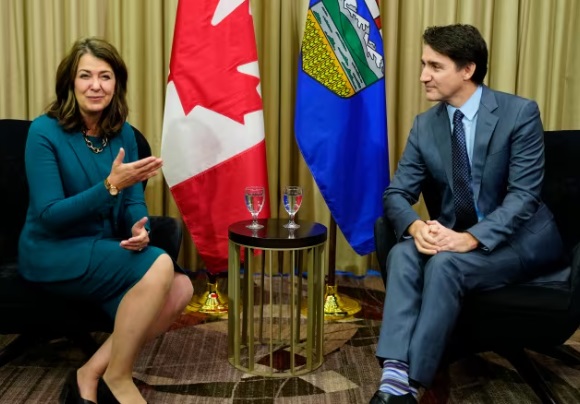
News release from Free Alberta Strategy
Premier Danielle Smith had a message for Ottawa last week.
Keep out.
On Wednesday, the Premier rolled out her latest weapon in the fight against federal intrusions into provincial jurisdiction.
If passed, Bill 18 – the Provincial Priorities Act – aims to align federal funding with provincial priorities, ensuring that said funding reflects Alberta’s interests.
The legislation stipulates that any agreements between the federal government and any provincial entities – including municipalities – must receive provincial approval to be considered valid.
Smith has already given it a nickname: “the stay-out-of-my-backyard bill.”
It’s an apt description of the legislation, especially considering that’s what the federal government has been doing for years – encroaching into Alberta’s jurisdiction.
The legislation shouldn’t come as a surprise to anyone.
We all know that most deals the Alberta government enters into with the federal government don’t work out for Albertans.
We end up paying more in federal taxes than gets spent in federal spending on the programs.
The programs come laden with restrictive conditions that undermine our autonomy, and are often detrimental to our ability to provide the services.
This is especially true with regard to the recent agreement between Ottawa and the provinces that allows the federal government to nationalize childcare.
The childcare agreement has come under heavy criticism due to funding shortfalls in the deal.
It also applies to housing, where despite Alberta accounting for 12% of the national population and experiencing the most rapid population growth, it received a mere 2.5% of the total $1.5 billion in federal housing funding last summer.
Jason Nixon, Minister of Seniors, Community and Social Services, is in charge of housing in Alberta – which is provincial jurisdiction.
On the latest rollout of conditional federal housing handouts, Nixon isn’t buying.
“We will not be bribed, with our own money, to increase the time it takes to get homes built with green energy that makes homes more expensive.”
The theory also applies to the federal government’s latest gambit – doing an end-around provincial negotiations and going directly to municipalities, who seem more interested in taking the money than the conditions attached.
Municipalities are provincial jurisdiction.
Bill 18 mandates that entities within Alberta’s jurisdiction, such as municipalities, universities, school boards, housing agencies, and health authorities, must seek the province’s approval before engaging in, modifying, extending, or renewing agreements with Ottawa.
Agreements between the federal government and provincial entities lacking Alberta’s endorsement will be deemed illegal under this legislation.
That’s Premier Smith’s message.
She’s had enough of it.
“It is not unreasonable for Alberta to demand fairness from Ottawa. They have shown time and again that they will put ideology before practicality, which hurts Alberta families and our economy. We are not going to apologize for continuing to stand up for Albertans so we get the best deal possible.
“Since Ottawa refuses to acknowledge the negative impacts of its overreach, even after losing battles at the Federal and Supreme Courts, we are putting in additional measures to protect our provincial jurisdiction to ensure our province receives our fair share of federal tax dollars and that those dollars are spent on the priorities of Albertans.”
Municipal Affairs Minister Ric McIver had additional thoughts:
“For years, the federal government has been imposing its agenda on Alberta taxpayers through direct funding agreements with cities and other provincial organizations. Not only does Alberta not receive its per capita share of federal taxpayer dollars, the money we do receive is often directed towards initiatives that don’t align with Albertan’s priorities.
“Albertans from all corners of the province expect our federal share of taxes for roads, infrastructure, housing and other priorities – not federal government political pet projects and programs in select communities.”
The Provincial Priorities Act is based on existing provincial legislation in Quebec – called “An Act Respecting the Ministère du Conseil executif” – which prohibits any municipal body from entering into or negotiating an agreement with the federal government or its agencies without express authorization from the Quebec government.
That’s right – the Quebec government has the same rule!
So, this boils down to the same argument we’ve been making for years – if Ottawa wants to step into our backyard, it must first seek Alberta’s approval.
Enough is enough – we won’t stand idly by as our interests are trampled upon.
It’s time for Ottawa to recognize Alberta’s autonomy and respect our right to determine our own future.
At the Free Alberta Strategy, we know that constant vigilance is necessary – for every fence we put up, the federal government tries to find a way around it.
We’ll continue to bring you information about what’s happening in Alberta’s backyard and fighting to keep Ottawa out.
The Free Alberta Strategy Team
-

 Economy12 hours ago
Economy12 hours agoExtreme Weather and Climate Change
-

 Jordan Peterson1 day ago
Jordan Peterson1 day agoJordan Peterson slams CBC for only interviewing pro-LGBT doctors about UK report on child ‘sex changes’
-
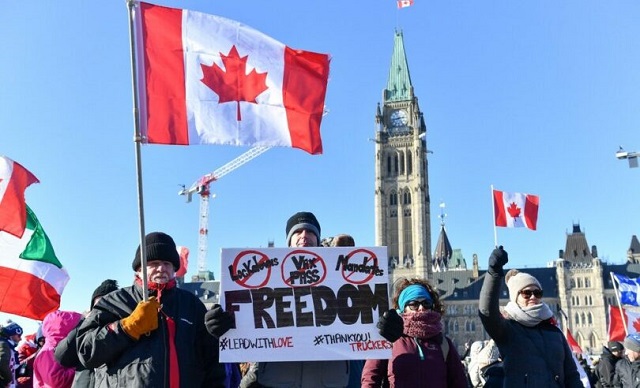
 Freedom Convoy1 day ago
Freedom Convoy1 day agoTrudeau’s use of Emergencies Act has cost taxpayers $73 million thus far
-

 Business1 day ago
Business1 day agoBusiness investment key to addressing Canada’s productivity crisis
-

 International11 hours ago
International11 hours agoTelegram founder tells Tucker Carlson that US intel agents tried to spy on user messages
-
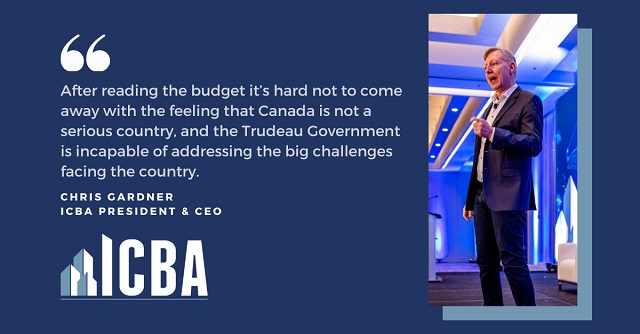
 Business1 day ago
Business1 day agoDoubling Down on Missing the Mark
-
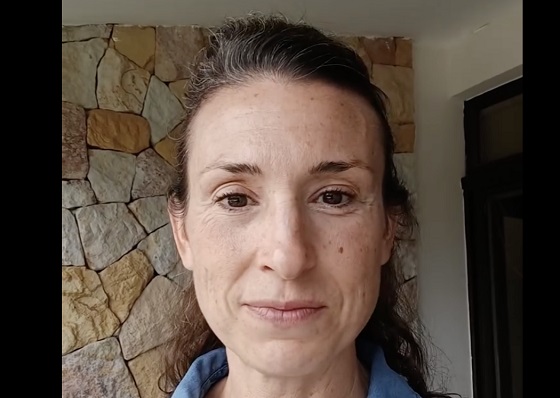
 COVID-192 days ago
COVID-192 days agoPro-freedom Canadian nurse gets two years probation for protesting COVID restrictions
-
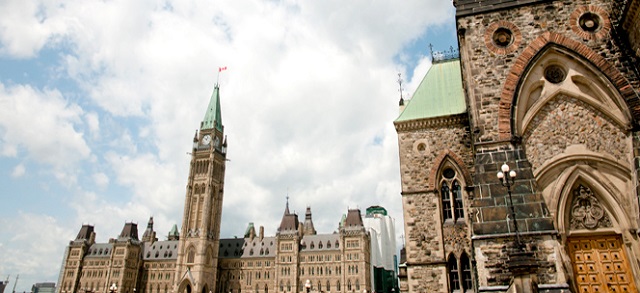
 Economy2 days ago
Economy2 days agoMassive deficits send debt interest charges soaring

